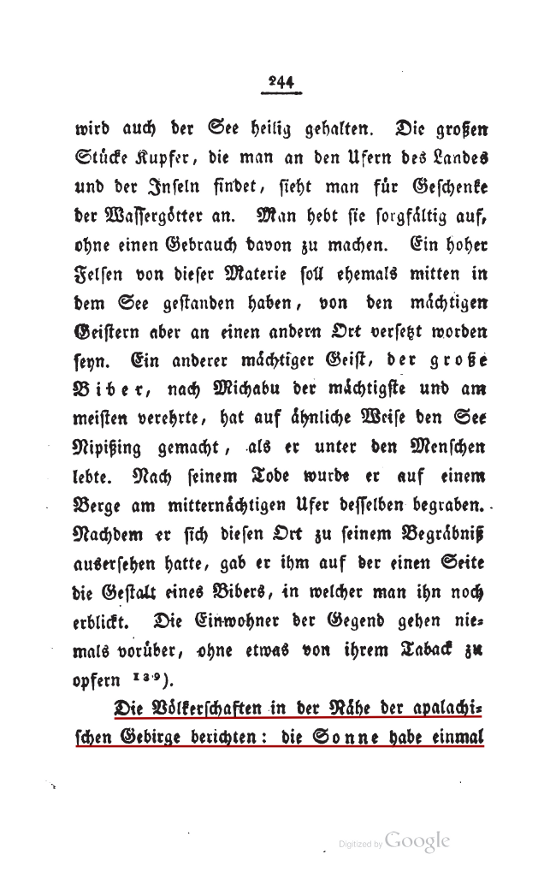Jesuits' Oath.— "I, A. B., now in the presence of Almighty God, the blessed
Virgin Mary, the blessed Michael the Archangel, the blessed St. John Baptist,
the holy apostles St. Peter and St. Paul, and the saints and sacred host of heaven,
and to you my ghostly father do declare from my heart, without mental reservation, that pope Gregory is Christ's Vicar General, and is the true and only Head
of the universal church throughout the earth; and that by virtue of the keys of
binding and loosing, given to his Holiness by Jesus Christ, he HATH POWER TO
DEPOSE HERETICAL KINGS, PRINCES, STATES, COMMONWEALTHS, AND GOVERNMENTS,
ALL BEING ILLEGAL, WITHOUT HIS SACRED CONFIRMATION, AND THAT THEY MAY SAFELY BE DESTROYED; therefore to the utmost of my power, I will defend this
doctrine and his Holiness's rights and customs against all usurpers of the heretical or protestant authority whatsoever, especially against the now pretended authority and church in England, and all adherents, in regard that they be usurped
and heretical, opposing the sacred mother church of Rome.
"I DO RENOUNCE AND DISOWN ANY ALLEGIANCE AS DUE TO ANY HERETICAL KING, PRINCE, OR STATE, NAMED PROTESTANT, OR OBEDIENCE TO ANY OF THEIR
INFERIOR MAGISTRATES OR OFFICERS. I do further declare the doctrine of the
church of England, of the Calvinists, Huguenots, and other protestants, to be
damnable, and those to be damned who will not forsake the same. I do further
declare, that I will help, assist, and advise all or any of his Holiness's agents in
any place wherever I shall be; and do my utmost to extirpate the heretical protestants' doctrine, and to destroy all their pretended power, legal or otherwise.
I do further promise and declare, that notwithstanding I am dispensed with to assume any religion heretical, for the propagation of the mother church's interest,
to keep secret and private all her agents' counsels, as they entrust me, and not to
divulge, directly or indirectly, by word, writing or circumstance whatsoever, but
to execute all which shall be proposed, given in charge, or discovered unto me, by
you my ghostly father, or by any one of this convent. All which I, A. B., do
swear by the blessed Trinity, and blessed sacrament, which I am now to receive,
to perform and on my part to keep inviolably; and do call all the heavenly and
glorious host of heaven, to witness my real intentions to keep this my oath. In
testimony hereof, I take this most holy and blessed sacrament of the eucharist,
and witness the same further with my hand and seal, in the face of this holy
convent."
Dowling, John, The History of Romanism, 4 ed., New York: Edward Walker, 1845, p. 605.















































